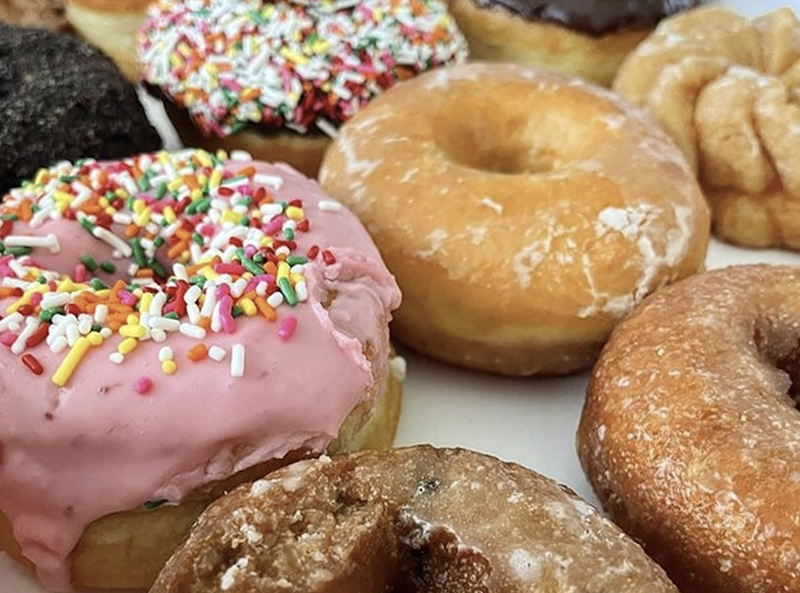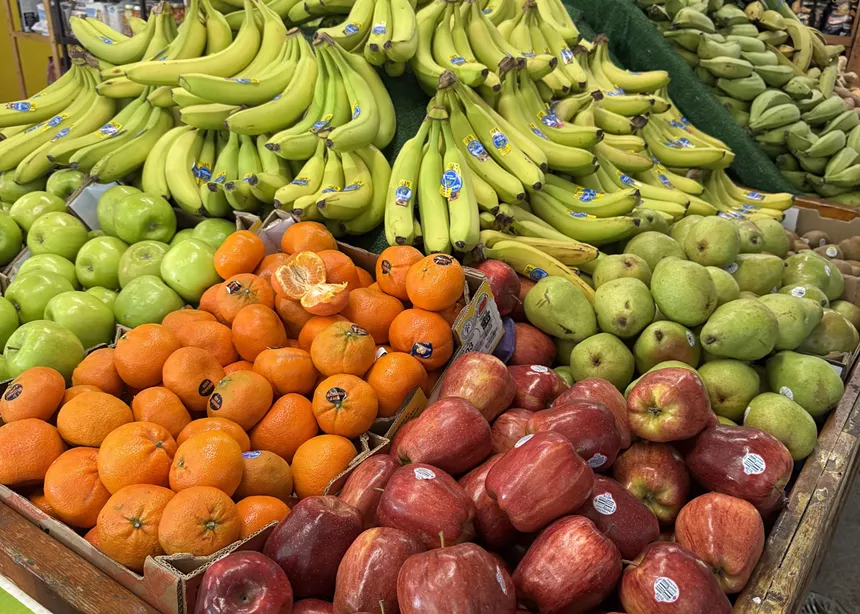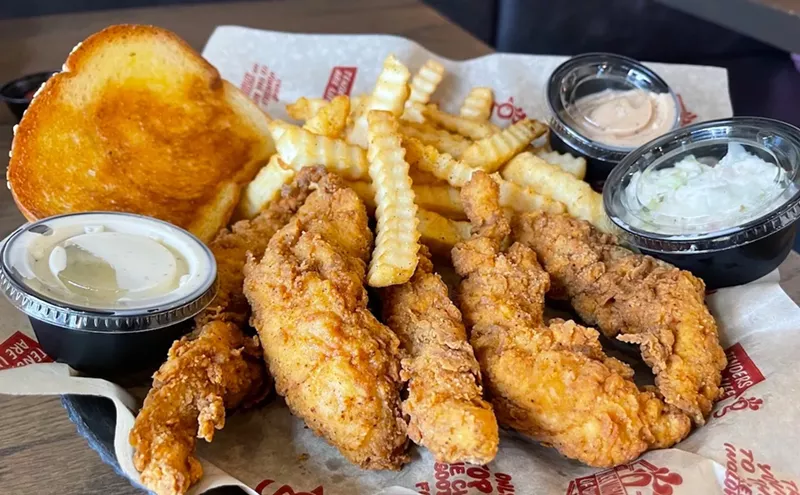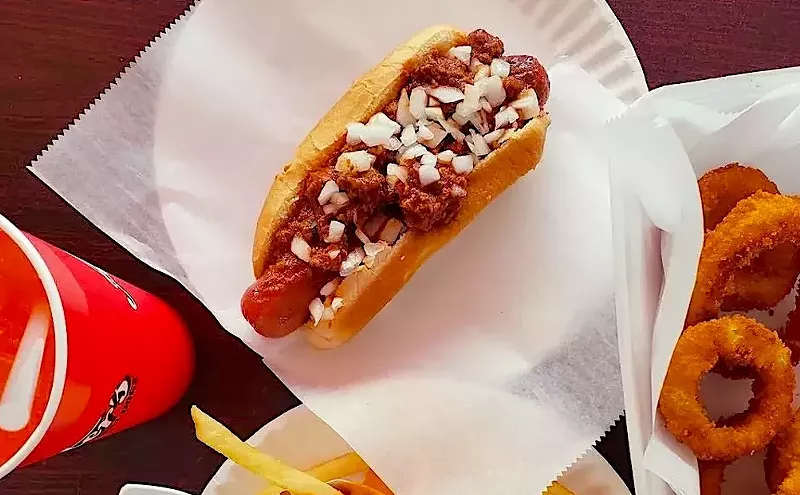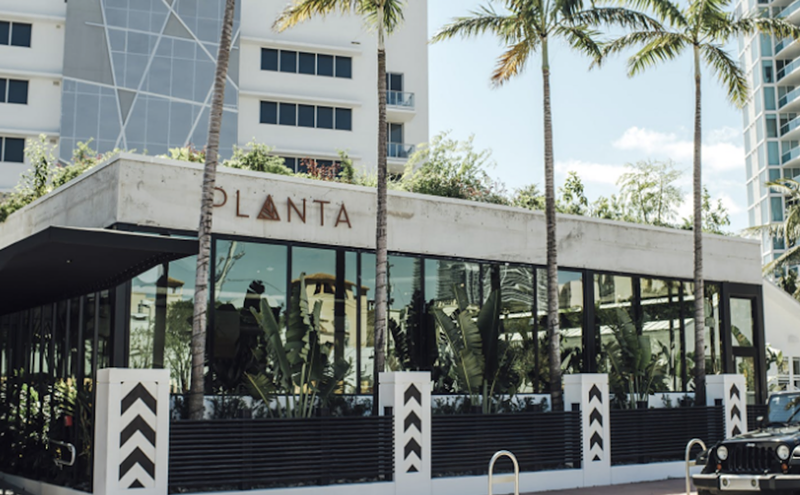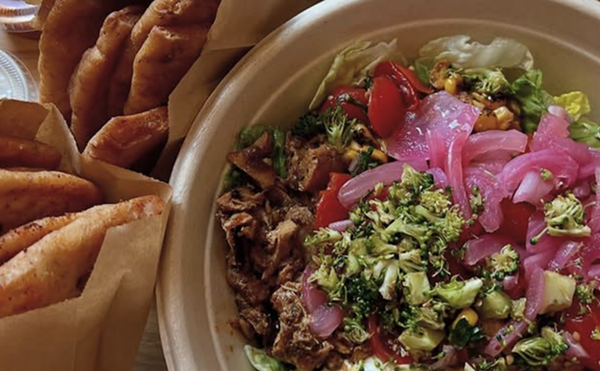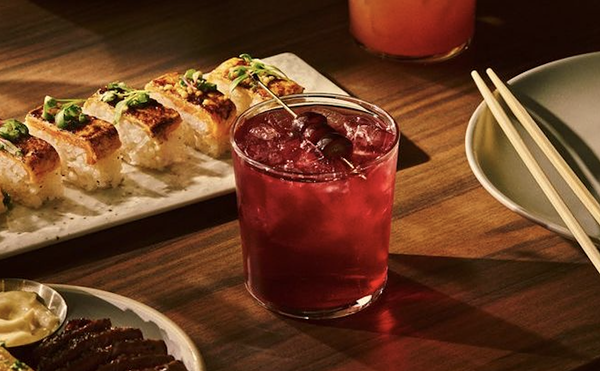Sen. Jonathan Martin, R-Fort Myers, introduced legislation targeting foods containing 11 specific additives, including Red Dye 40 and potassium bromate, which studies have linked to potential health concerns. The proposal would prevent Florida public schools from buying or serving these ultra-processed foods during regular school hours, though students could still bring such items from home.
Calling Out the Chemicals
Martin's bill targets sugary drinks, artificially colored snacks, and other processed products containing additives that have raised red flags in health research. The bill focuses specifically on what Florida public schools can purchase and serve to students during regular hours. The legislation doesn't stop kids from bringing these foods from home, maintaining parental choice while addressing what taxpayer dollars fund.According to the Miami Herald, Martin explained during a recent committee hearing, "We are talking about government responsibility for government-purchased food." Martin argued that the bill would give schools more leverage when purchasing food and would send a clear message about prioritizing student health in school nutrition programs.
Presenting our ultra processed food ban for public school provided food! SB 1826https://t.co/InaWygu2x5
— Jonathan Martin (@JonMartinEsq) March 25, 2025
Big Food Pushes Back
Last week, the bill hit a snag in the Senate Agriculture Committee, where industry representatives showed up to defend their products.Elizabeth DeWitt, president and CEO of the Florida Beverage Association, argued against the legislation, telling committee members that Floridians should have complete confidence in their favorite beverages. She defended industry products as properly evaluated and approved by federal regulators.
Food industry lobbyists warned committee members the proposal would disrupt their business operations and might make consumers question food safety. Some argued a patchwork of different state regulations would create compliance challenges for national manufacturers.
The debate over synthetic food dyes and additives has gained national attention since environmental lawyer and McDonald's lover Robert F. Kennedy Jr. joined the Trump administration as its top health official, claiming to "Make America Healthy Again." The FDA recently banned Red Dye No. 3 in January after research showed it caused cancer in lab rats.
Despite the committee setback, Martin seems determined. "We've never been afraid to tell the federal government they got something wrong," he told colleagues, according to the Miami Herald. "And there is nothing more important than telling the federal government they got something wrong with the health and the well-being and success of our kids in the classroom."
Sen. Keith Truenow, the Republican chair of the committee, acknowledged the issue's importance even as the bill stalled, saying, "I think there is a lot of work to be done and a lot of things to be talked about... I would hope we can continue the conversation," the Miami Herald reported.
The battle over what foods belong in Florida schools continues as similar bills addressing food additives and warning labels make their way through both chambers of the Legislature, with WFLA reporting that House Bill 641 seeks to require clear warning labels on food and beverages containing harmful dyes.

